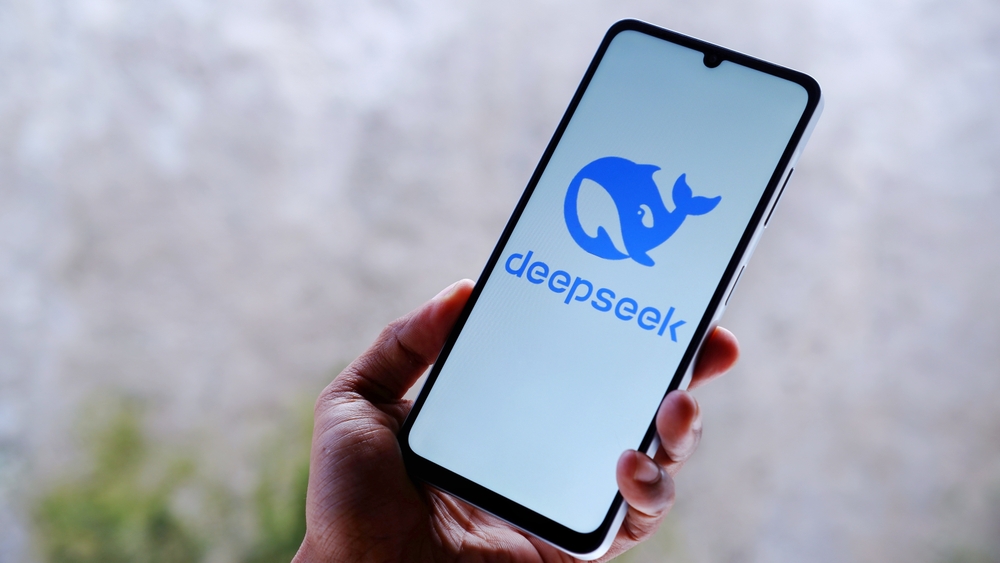South Korea’s Data Protection Commission has determined that Chinese AI startup DeepSeek shared users’ personal data and queries without proper consent while its app was still active in the country. The app, developed by Hangzhou DeepSeek Artificial Intelligence Co Ltd, was released in January and was available for download until February, when the regulator suspended new downloads over concerns related to privacy compliance.

According to the South Korean authority, DeepSeek failed to obtain user consent before sharing personal information with several entities based in China and the United States. Among the data shared were the contents of user queries, as well as device, network, and application details.
Data Sent to Chinese Partner Without Consent
The information was reportedly transmitted to Beijing Volcano Engine Technology Co Ltd. DeepSeek explained that this transfer was intended to enhance the product’s performance. However, it also noted that as of April 10, the sharing of user query contents with Volcano Engine has been halted.
In response to the findings, the South Korean regulator issued a corrective order requiring DeepSeek to immediately delete any query contents previously shared with the third party. The company must also establish a legal basis for any future transfer of personal data overseas.
Ongoing Investigation and Government Response
The situation has drawn attention beyond South Korea, notes NIX Solutions. The Chinese Foreign Ministry commented that the government has not and will not instruct companies to illegally collect or store user data.
The investigation into DeepSeek’s data practices highlights growing international concern about cross-border data sharing, particularly when it involves artificial intelligence services and user-generated content. Privacy standards and regulatory oversight continue to evolve, and this case may set a precedent for how similar cases are handled in the future.
We’ll keep you updated as more information and potential consequences for DeepSeek emerge, especially regarding its compliance with data protection laws in South Korea and elsewhere.
